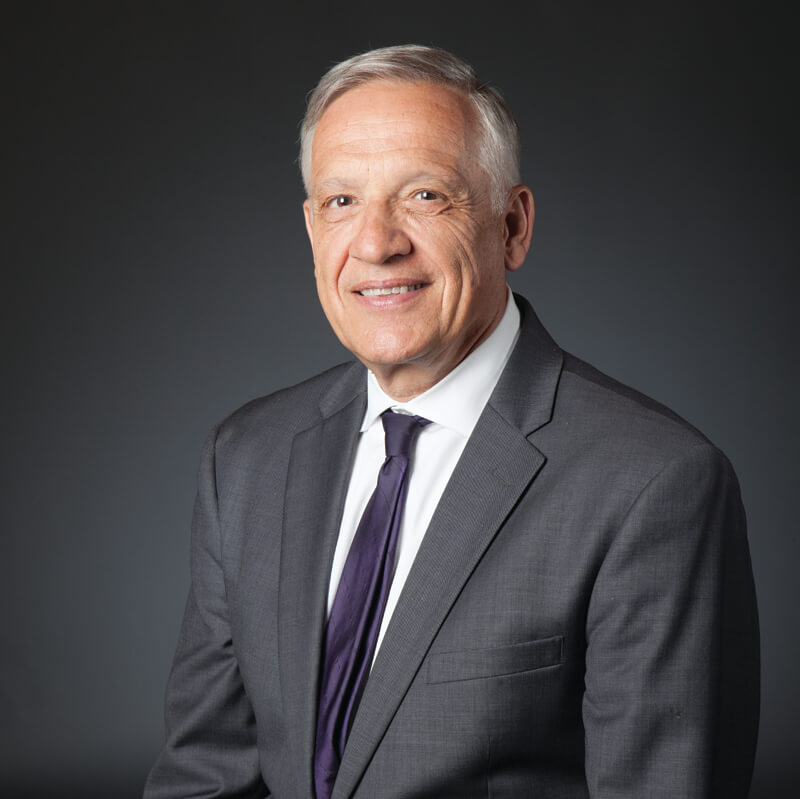Dean’s Message: Our Common Chemistry
 I was on the Greek island of Rhodes the day of the moon landing, July 20, 1969. It was late in the evening, and we were glued to the radio transistors (not much TV reception in the Greek islands those days), which were relaying these historic moments for all humanity. We had all turned our eyes to the bright moon, trying to imagine what it would be like having a human land there.
I was on the Greek island of Rhodes the day of the moon landing, July 20, 1969. It was late in the evening, and we were glued to the radio transistors (not much TV reception in the Greek islands those days), which were relaying these historic moments for all humanity. We had all turned our eyes to the bright moon, trying to imagine what it would be like having a human land there.
The Greek word for human is meaning “looking high up.” The moon landing was a literal manifestation of that definition: Human ingenuity is always “looking higher up.” It opened a truly new dimension, one that also helps us understand the preciousness of planet Earth and our shared responsibilities. The landing also demonstrated to the world the remarkable power of technological innovation, developed in the United States by many for the benefit of all worldwide.
“Looking high up” defines us as human beings. It metaphorically alludes to “the better angels of our nature,” in the words of Abraham Lincoln. And it is becoming increasingly more important, as the extraordinary power of technological advances, pioneered by many of us scientists and engineers, empowers the world to unprecedented prosperity and wellness. Yet it can also be usurped for unintended purposes.
This technology dilemma is not new, but it is emphatically more relevant today. In an inspired study about 11 years ago, the U.S. National Academy of Engineering articulated the Grand Challenges for Engineering. Contrary to what one might think, the academy did not focus on esoteric technological developments. Rather, it looked at the preciousness of human life and of planet Earth and identified important challenges in four areas: sustainability, security, health and life enrichment.
These challenges remain as topical and relevant as ever. They call us to devote our technological ingenuity in response to a higher calling, a moral imperative, truly bringing the better angels of our nature to shape our technology endeavors.
It was in response to these NAE Grand Challenges that two cherished colleagues from Duke University and Olin College and I started in 2009 a programmatic effort: the Grand Challenges Scholars Program, to create such mindsets in our engineering students. A decade later, this program is thriving at USC Viterbi and many universities here and abroad, having become a national and global movement. It is a program that changes the conversation about engineering in our times, when technology must be informed by human values and become human-centric.
As a chemical engineer, and as dean of engineering here for some time now, I am fascinated with the possibility of using chemical concepts to understand and explain social interactions. I must note that a concept such as “econo-chemistry” has not been used much, if at all, as opposed to the concept of “econo-physics.” The latter is commonly accepted to model many social interactions, certainly in the area of economics.
I think that chemistry has been greatly undervalued! In fact, if you think about it, all our interactions are fundamentally the result of some chemical (and bio-chemical) transformation. Extrapolated to the larger societal context, they reflect our common human bonds, our common values, that bind us together. They connect us to keep looking high up, to keep empowering the better angels of our nature, to keep creating in our technology and engineering endeavors those ethical technology genes that will help us meet and resolve increasingly critical Grand Challenges. This “econo-chemistry” for good is our ongoing ambition at USC Viterbi.



